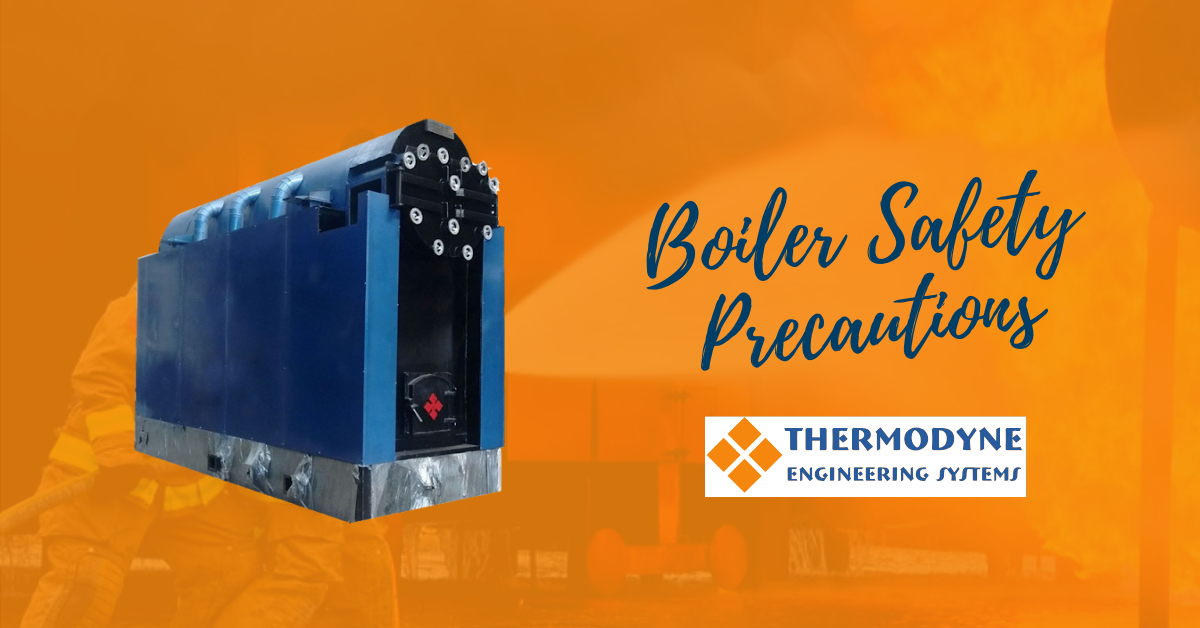Boiler Safety Precautions & Importance
Boiler explosion history tells that an industrial boiler is a potential bomb. Steam boilers have been known to explode when not maintained. We found reported incidents in Unchahar NTPC Power Plant and Bihar boiler blast.

Main Possible Causes of Industrial Boiler Explosions
Exports say, based on steam boiler explosions history & analysis, boiler explosions can always be prevented. There are few common failures and causes of boiler explosion in power plants, such as
- Failure of the safety valve, corrosion in boilers
- Reckless management is the main cause of every accident
Boiler Safety Precautions to Avoid Explosions
After extensive research on boiler explosion accidents and causes behind boiler blasts, we collected few industrial steam boiler safety precautions & tips for boiler maintenance staff.
Precautions to be carried out at Start in Steam Boilers:
- Hydraulic should be carried out at a defined pressure before the start of a boiler.
- Check if the pump inlets are open at the start of a boiler.
- Install an automatic ash removal system such as rotary valves in a boiler so as to prevent the accumulation of ash in a furnace or other equipment. The accumulation may result in the blockage or excessive heating of boiler parts resulting in its failure.
- Pump priming must be done at the start of the boiler.
- All loose and wrong connections must be checked and make sure to rectify the connections before starting your boiler.
- A trained and a technical boiler operator must be hired for operating your boiler.
Precautions to be carried out Regularly:
- Never operate boiler above the design pressure and check for the safe operation of Safety valves as well as fusible plugs.
- Regular cleaning of the perforated line is necessary
- Stainer must be installed before the pump & check for its proper functioning to remove dirt particles from boiler feed water as this prevents the blockage of a feed line.
- Water must be treated before feeding it to the boiler to prevent the accumulation of dirt in a Boiler shell.
- Regular inspection and maintenance of boiler including its accessories and valves to check for possible failures and cracks are necessary.
- Make sure that the boiler vents are not restricted by any kind of obstruction such as cloth etc.
- Always check for the leakages of steam, water, air and flue gases from any suspicious place.
- Follow boiler manual for safe and efficient working of your boiler.
- The panel should be cleaned regularly and should be kept in a cool and an isolated place away from your boiler.
- Check if all the hot parts of the boiler are insulated, do not touch the parts with bare hands where the insulation is not provided.
- Maintenance of both FD Fan and ID Fan is important and regularly check for greasing in all the movable parts for the ease of operation.
- Regular cleaning of movable mechanical parts is necessary.
- Do not increase the frequency of a drive above 50 Hz for the safe operation of motors.
- Pressure switch, Mobrey and Pressure Gauge should be checked for their proper
Precautions to be carried out Occasionally:
- Occasionally clean the boiler tubes to prevent any ash deposition or scaling inside or outside the tubes. Failure to do so will affect the boiler efficiency and will eventually overheat the tubes leading to the tube leakage problems.
- The ratio of primary and secondary air must be maintained in accordance with fuel feeding.
- Periodically check burner operation back pressure and line pressure to prevent any thermal hazards.
Boiler Safety Precautions Manual [ Infographics ]
Infographics have our top tips for avoiding steam boiler explosions in your steam plant. Steam Boiler safety precautions infographics are print-friendly so you can print it and use it as boiler safety manual for your boiler maintenance staff.

Share this Image On Your Site
Please include attribution to https://thermodyneboilers.com/ with this graphic.
As you can read in this post, the key to preventing boiler accidents in your plant is maintenance.
Schedule your steam boiler maintenance online with top boiler engineers of Thermodyne Engineering System.
In certain situations, two safety valves are required per boiler, with a third possibly available if the MFC is not exceeded. The safety valve is made up of three key components: the nozzle, disc, and spring. The nozzle allows pressurised steam to penetrate the valve, which is then threaded to the boiler.
1. Maintain the cleanliness of your boiler.
2. Get The Boiler Serviced Every Year
3. Keep an eye out on any indication of leakage.
4. Avoid frozen pipes in the winter
5. Make sure to check the pressure regularly.
6. Be sure the pipes are well-insulated.
Get More Learn About Our Boiler Product Blog Page






